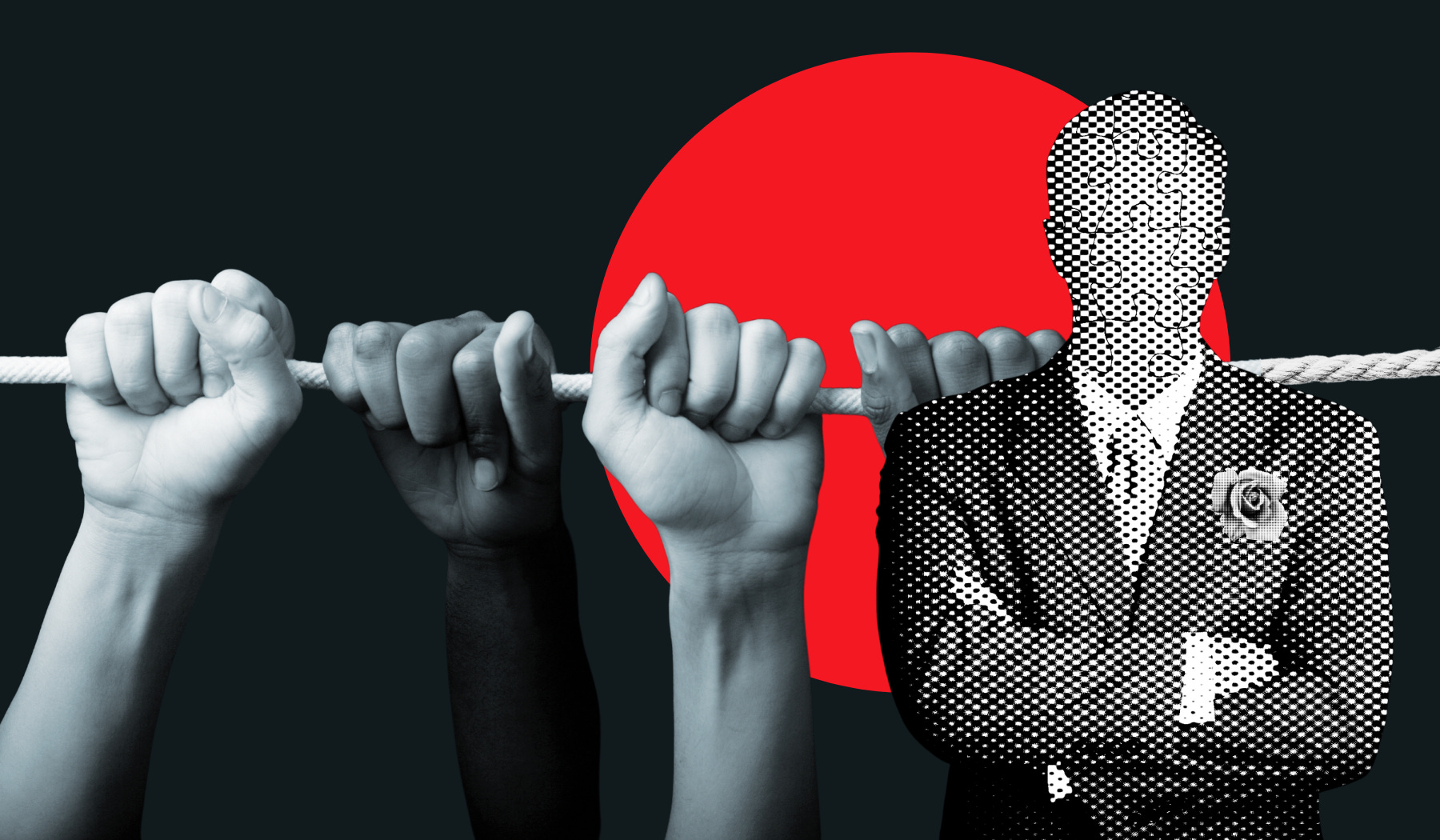Before We Start, a Statement.
Not every claim about suppression or inequality is built on solid ground. Many arguments, while emotionally compelling, falter under scrutiny.
Take this post I came across, where the author argued that solo female founders have a minuscule chance—0.015%—of being accepted into Y Combinator.
At first glance, it feels like a heartbreaking statistic. But dig a little deeper, and you’ll see the math doesn’t add up. She conflated Y Combinator’s acceptance rate (1%) with the proportion of solo female founders (1.5%), assuming they’re independent variables. That Is Not How Probabilities Work! 🤦🤦🤦
This kind of emotional reasoning muddies the conversation. Fairness and equity can’t be built on faulty logic—because critics will quickly pounce on these mistakes to dismiss valid concerns.
But here’s the thing: when influential decisions are based on incomplete reasoning—or bias—they create ripple effects. And those effects don’t stop at isolated incidents or individuals.
Any unbalanced, illogical statement and action scale, especially when we have a technology that will outsmart humans, will amplify either extreme.
The Latest S&P 500 Rolled Back DEI Commitments.
That brings us to what’s happening across some of the biggest companies on the S&P 500. In 2024, a surprising trend swept through corporate America: key players rolled back their diversity, equity, and inclusion (DEI) commitments. These are the giants that shape industries and touch our daily lives.
Walmart. Founded in 1962, it is the largest retailer in the world. It ended racial equity training, dropped its Racial Equity Center, and even pulled some LGBTQ+ items from its website. A cultural statement from a company that serves 90% of Americans within 10 miles of their homes.
Ford Motor Company. A legacy brand born in 1903, Ford stopped using diversity quotas for its dealerships and suppliers and pulled out of LGBTQ+ advocacy surveys. They say they’re “focusing on communities,” but isn’t the inclusivity part of the communities in itself?
Harley-Davidson. Since 1903, Harley-Davidson has been selling the idea of freedom on two wheels. Yet, this year, it axed its entire DEI function and ended goals for supplier diversity.
Molson Coors. This brewing powerhouse, founded in 1873, eliminated diversity goals tied to executive pay and dropped out of the Human Rights Campaign’s Corporate Equality Index.
Lowe’s. Lowe’s has been a cornerstone of American homes since 1946. This year, it stopped participating in Pride parades and LGBTQ+ surveys. They claim it’s about staying “business-focused,” but the optics feel like a step backward.
John Deere. Founded in 1837, is an agricultural icon. While it hasn’t openly supported diversity quotas or pronoun policies, its decision to avoid “social awareness” events signals its priorities.
Meta, Google, and Microsoft. Tech titans also quietly trimmed their DEI initiatives this year. Microsoft even cut some DEI-related roles, though they say their commitments remain unchanged. mm…
Many of these companies cited backlash from “anti-woke” activists, financial belt-tightening, or the desire to avoid controversy. ⠀
Listen to this episode with a 7-day free trial
Subscribe to 2nd Order Thinkers to listen to this post and get 7 days of free access to the full post archives.













